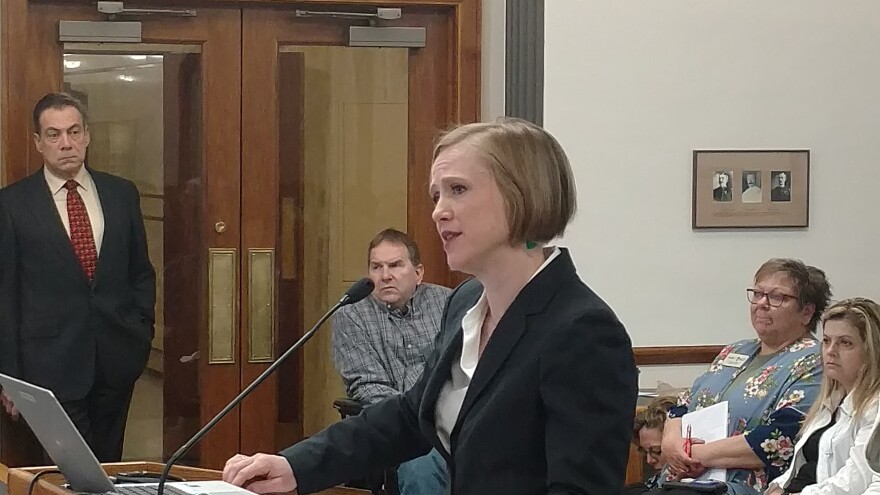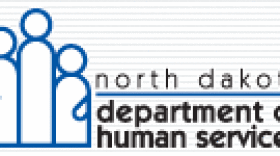A representative of a group studying North Dakota’s behavioral health system says the state needs to invest more in prevention programs.
Dr. Bevin Croft of the Human Services Research Institute presented a number of findings and recommendations to the Legislature’s interim Human Services Committee.
"Compared to the resources being spent on treatment services, there's a relative scarcity of funds for both prevention and early intervention," Croft told the committee. "Many stakeholders saw it as a missed opportunity."
Croft told the Committee these kinds of efforts have a proven return on investment.
Pam Sagness is the director of the behavioral health division of the state Department of Human Services. She said treatment of behavioral health is a higher-cost service.
"Where can we reinvest some of those costs further upstream, so that people are getting the services earlier," Sagness said in an interview. "A dollar of prevention saves $64 in treatment and other costs. It's important."
Croft also recommends that the state have a comprehensive plan to deal with behavioral health.

Private providers of behavioral health services say they’re struggling to serve certain patients because of the state reducing Medicaid reimbursement by 40 percent
That was done in the 2017 Legislative session, as a way to help balance the state budget.
"We're basically working pro bono," said Jennifer Eberle of Valley City, a private provider. She told the Committee the cut affects everyone who takes Medicaid patients.
"We've been faced with having to make decisions, as far as 'Can we afford, as a small practice, to continue to accept Medicaid reimbursement?'" Eberle said. "That's a discussion nobody likes to have. But our businesses are drowning."
Eberle said there are more people who need help than there are providers.
"We don't want to turn them away," Eberle said.
Legislators and state officials have talked about a shortage of professionals in behavioral health, and how to attract them to North Dakota. But Eberle told the committee those professionals need to feed their families and pay off student loans.
"If anybody in this committee got a 40 percent pay cut, would you continue to do the same job?" Eberle said.
Eberle said some providers have decided to stop accepting Medicaid patients, and only accept clients who have insurance.
The committee will be making recommendations to the 2019 Legislature.




